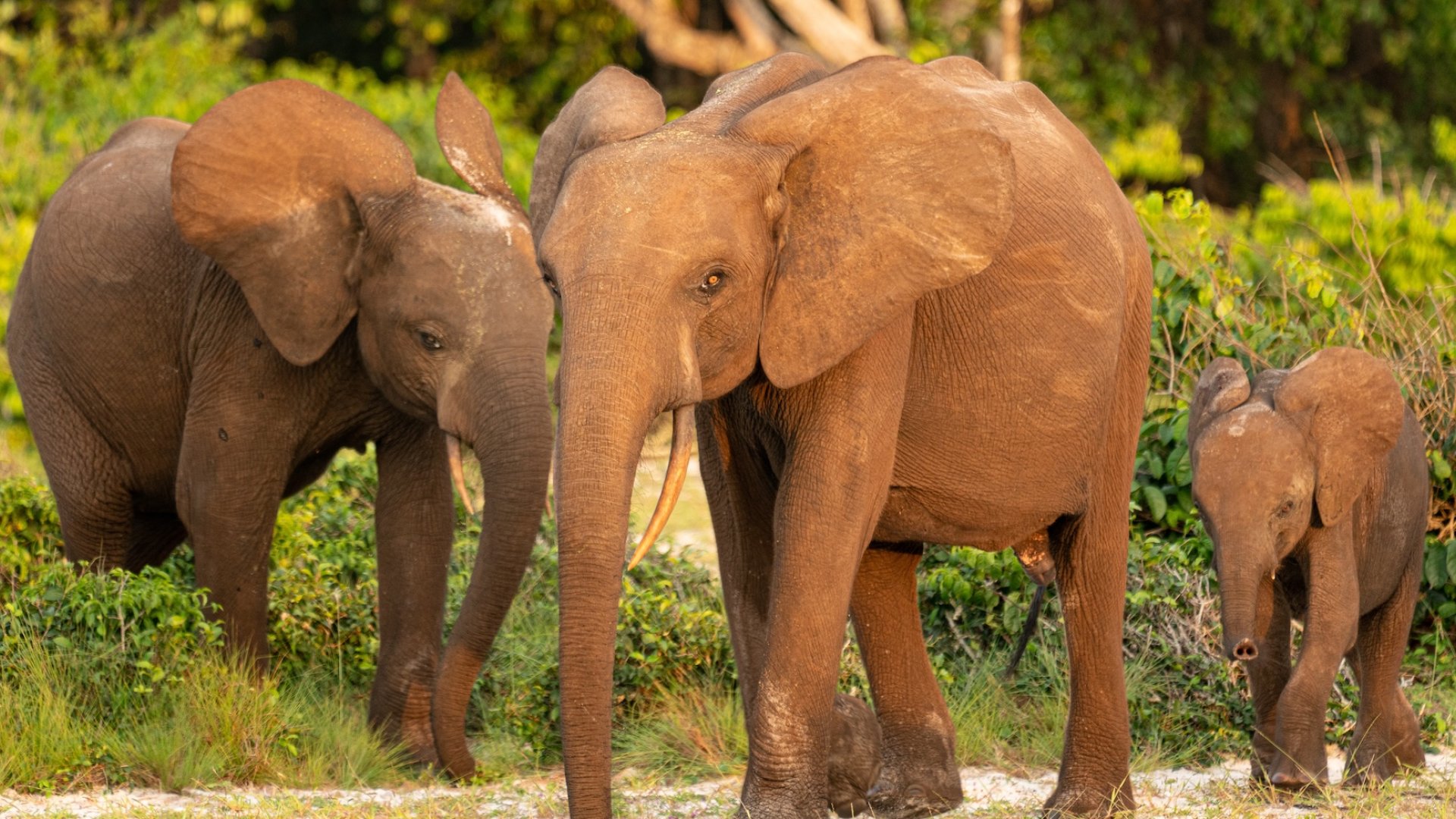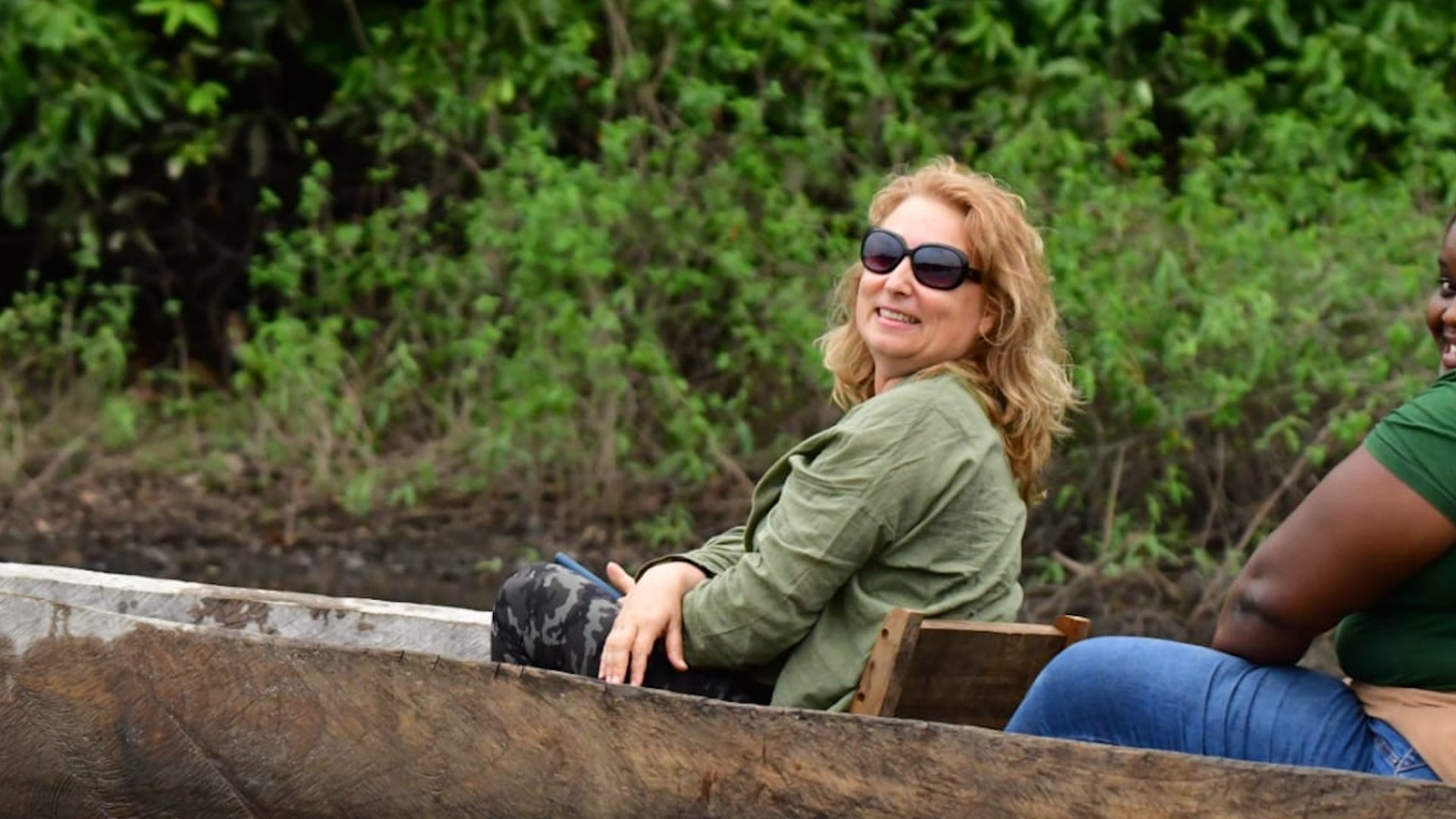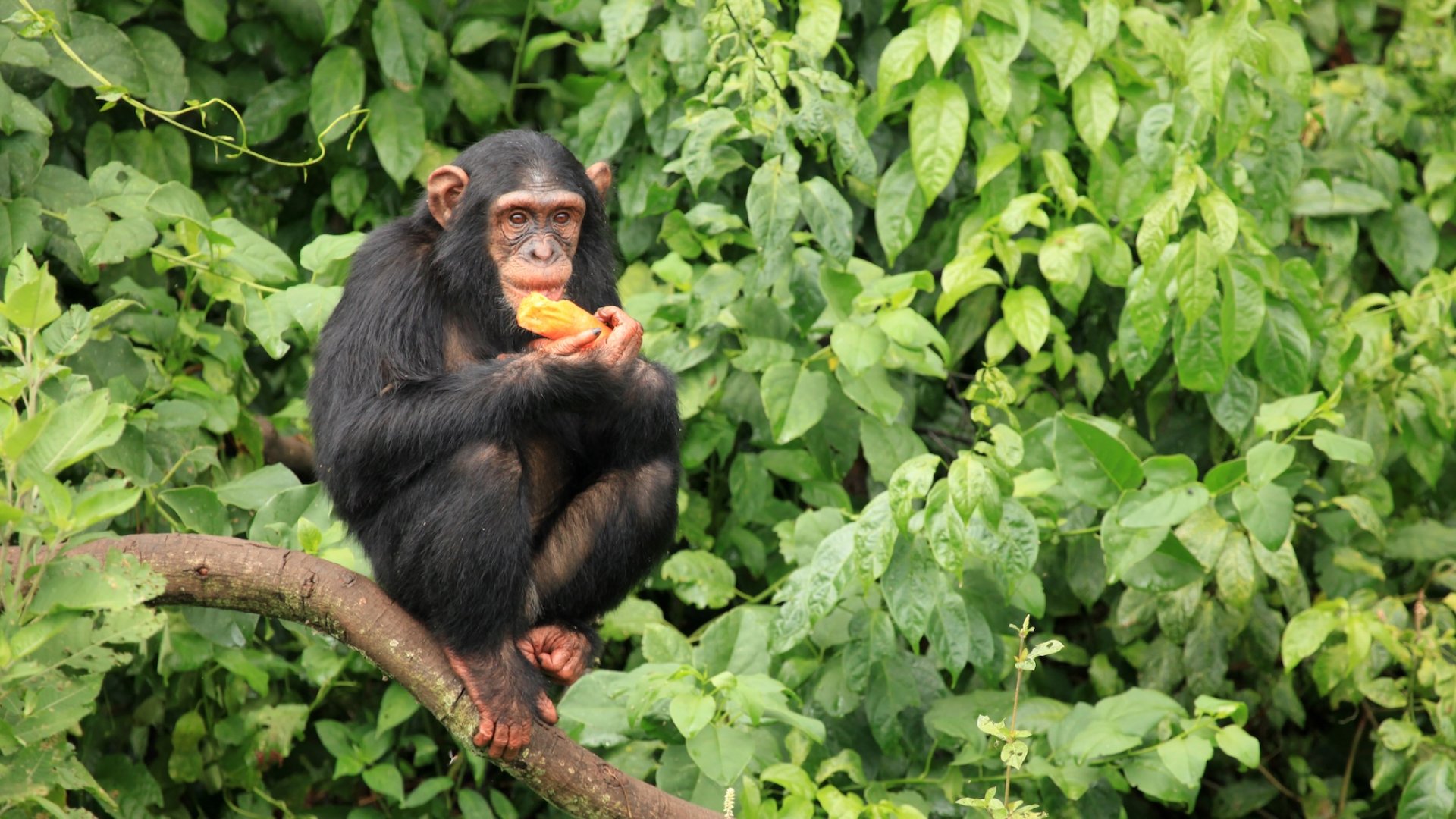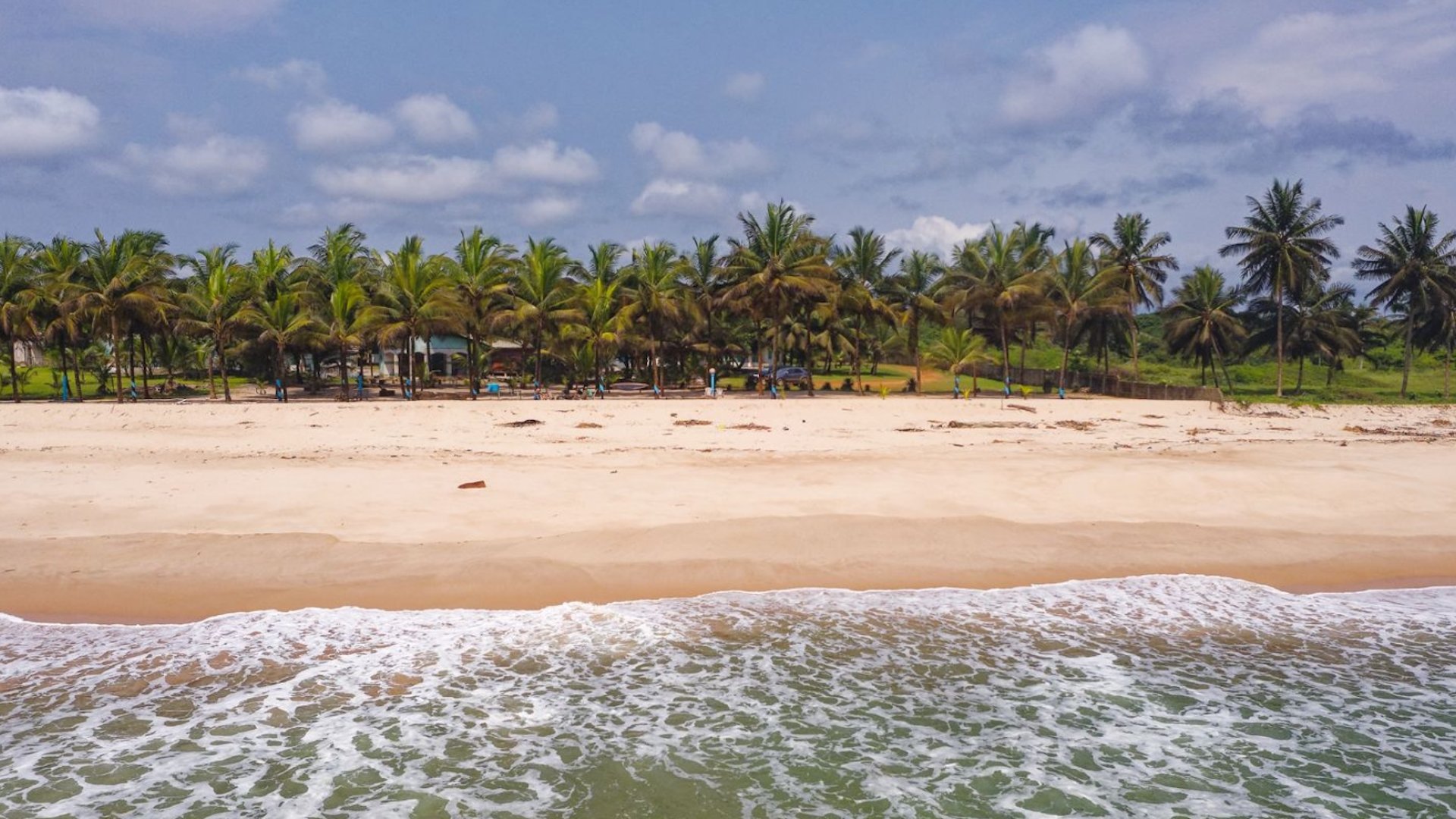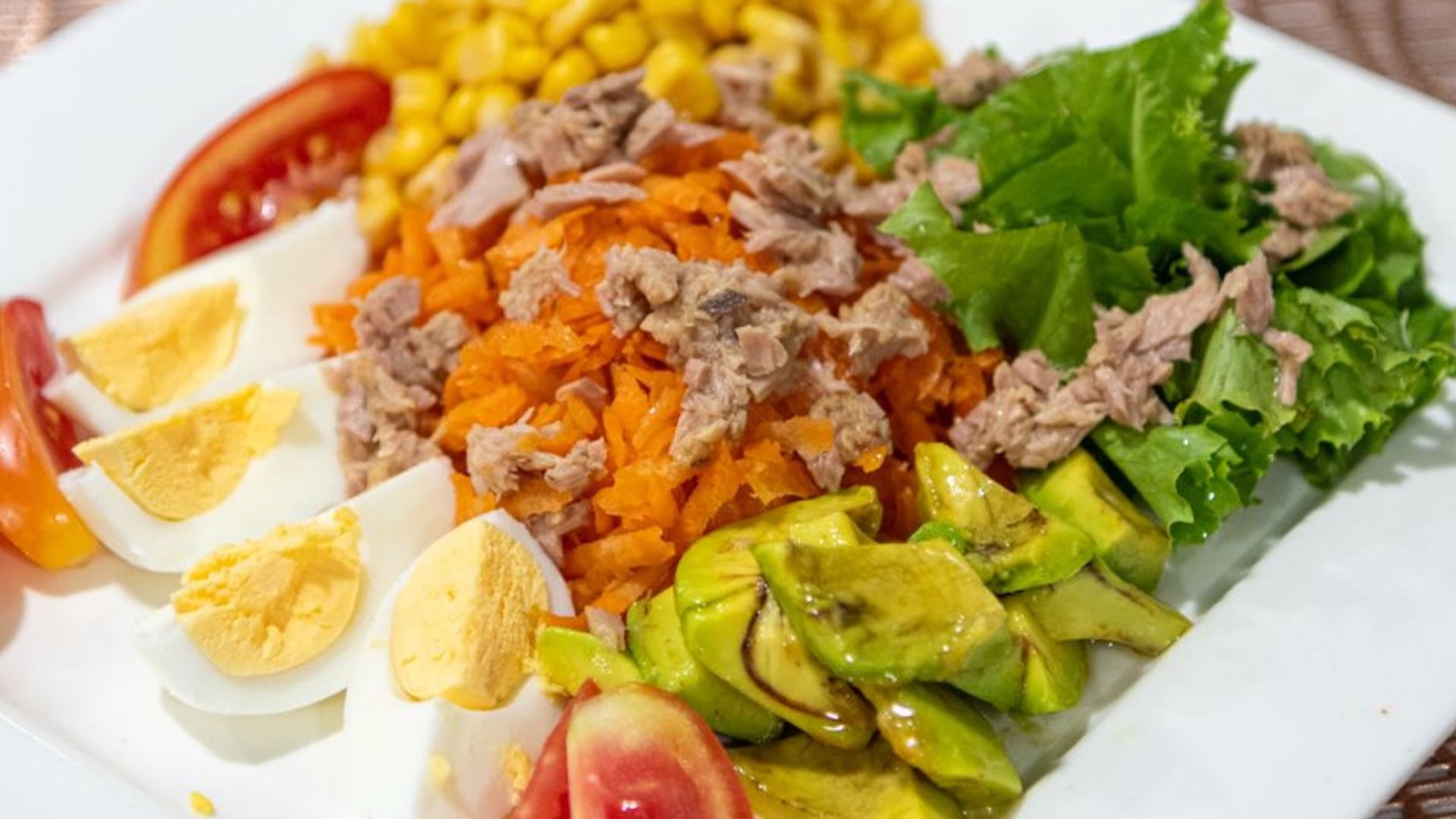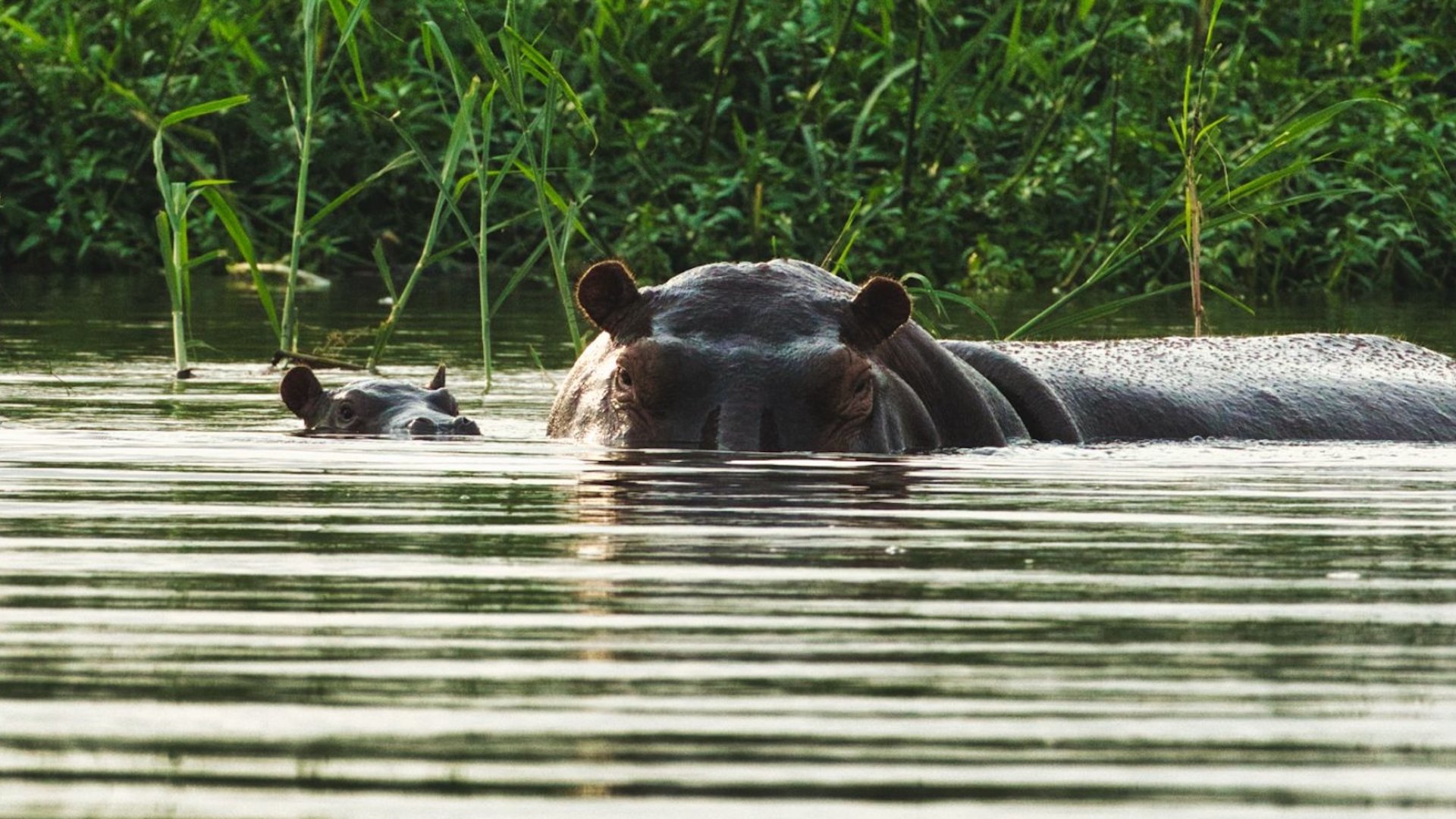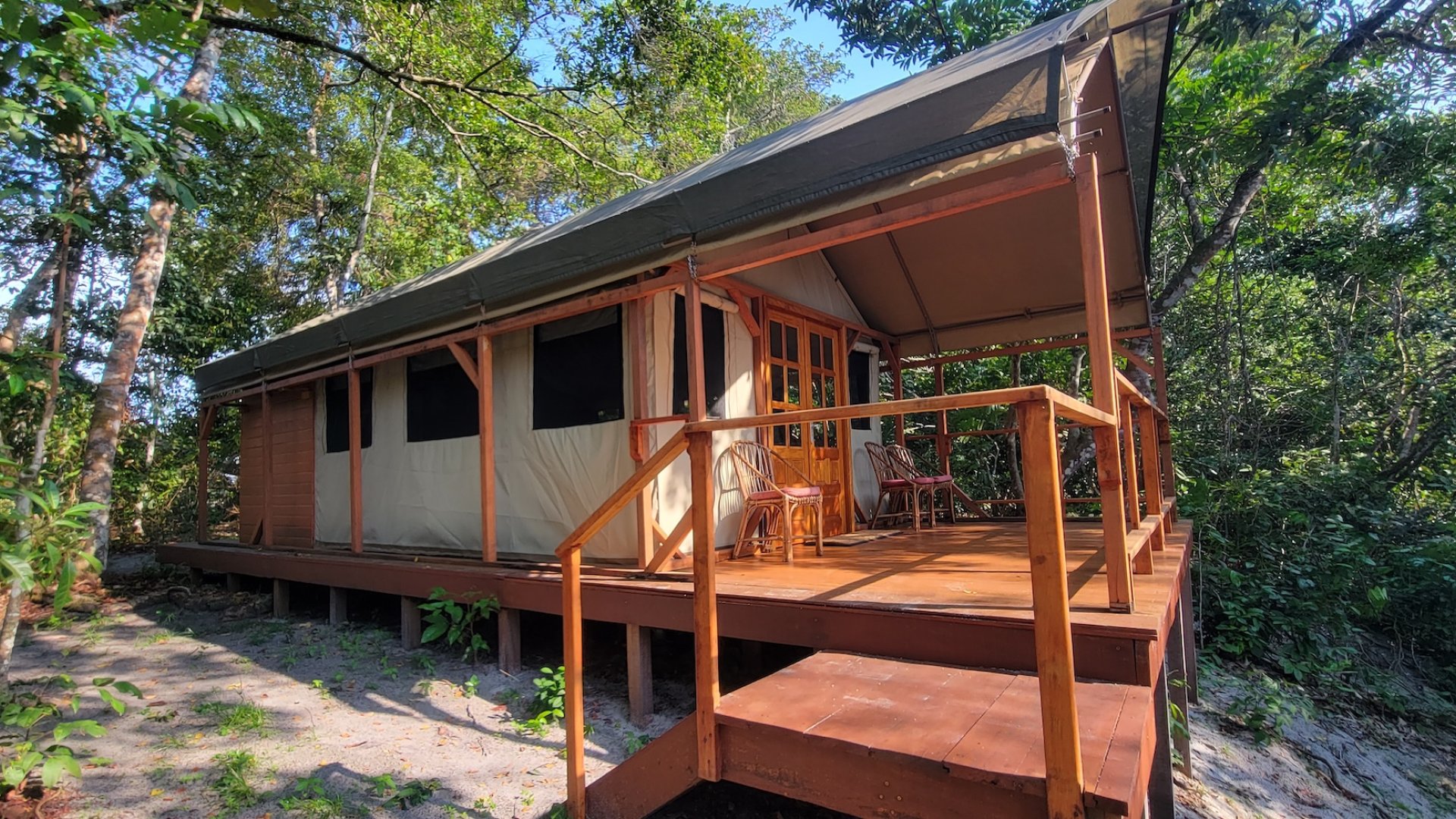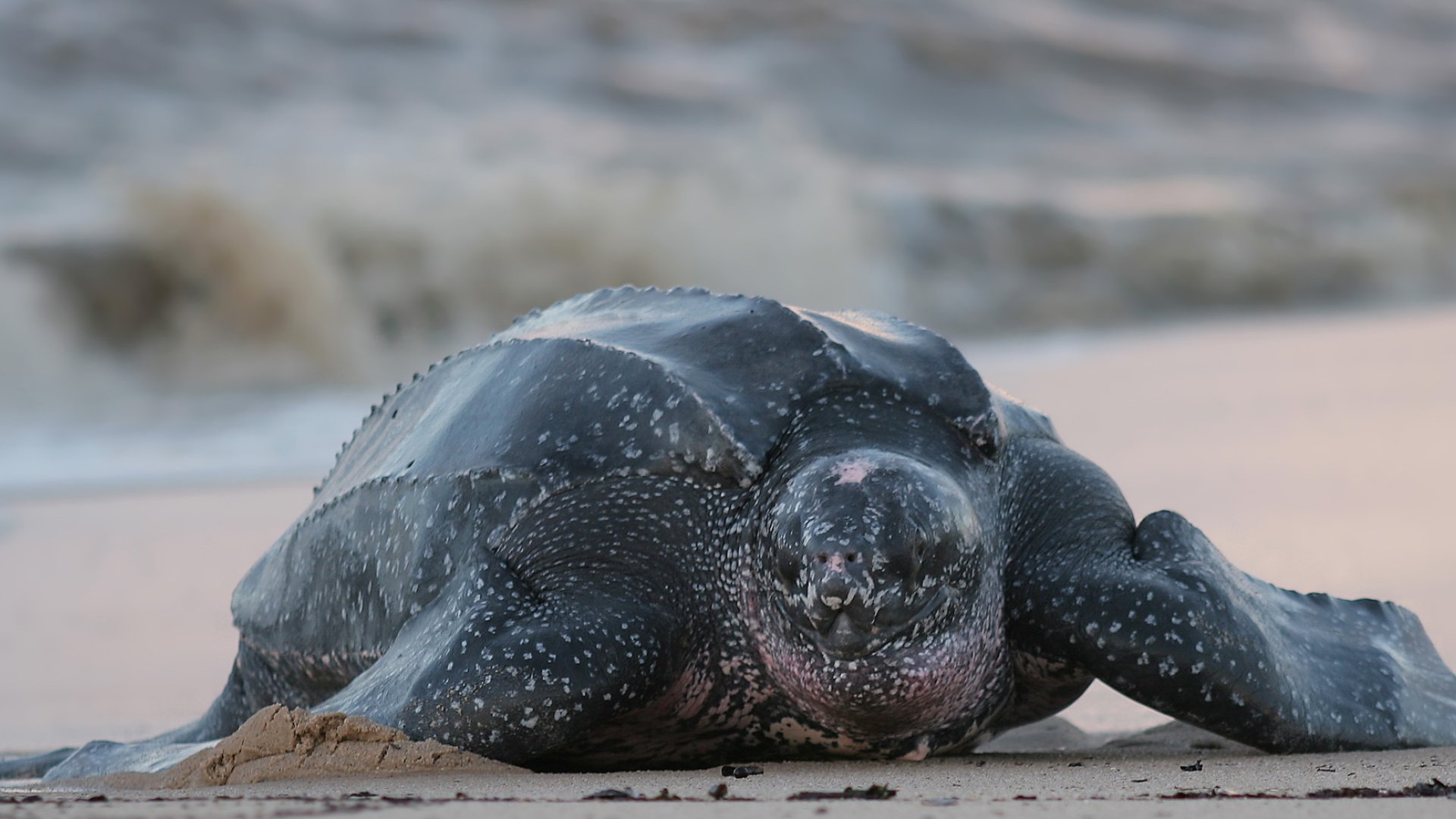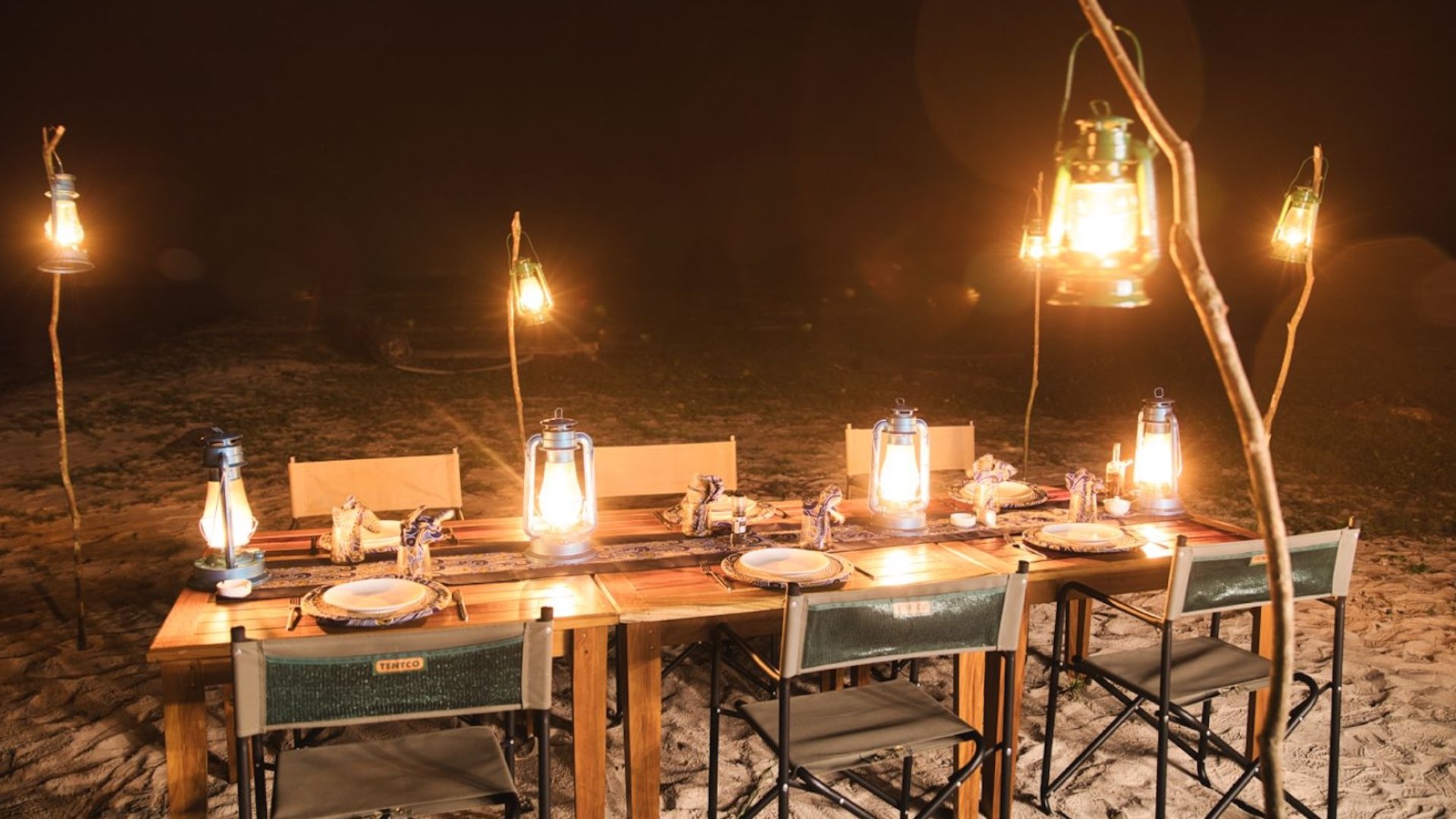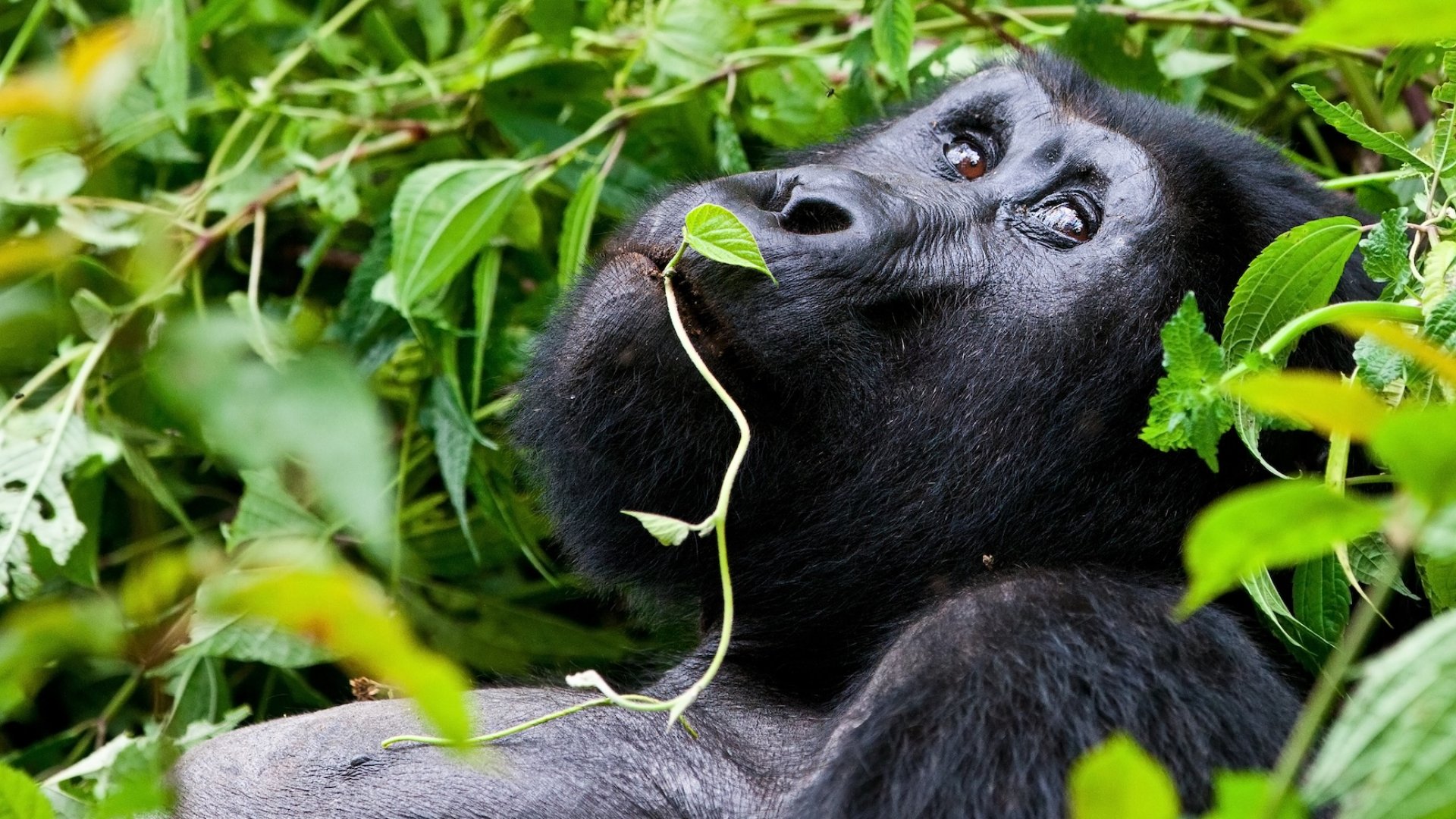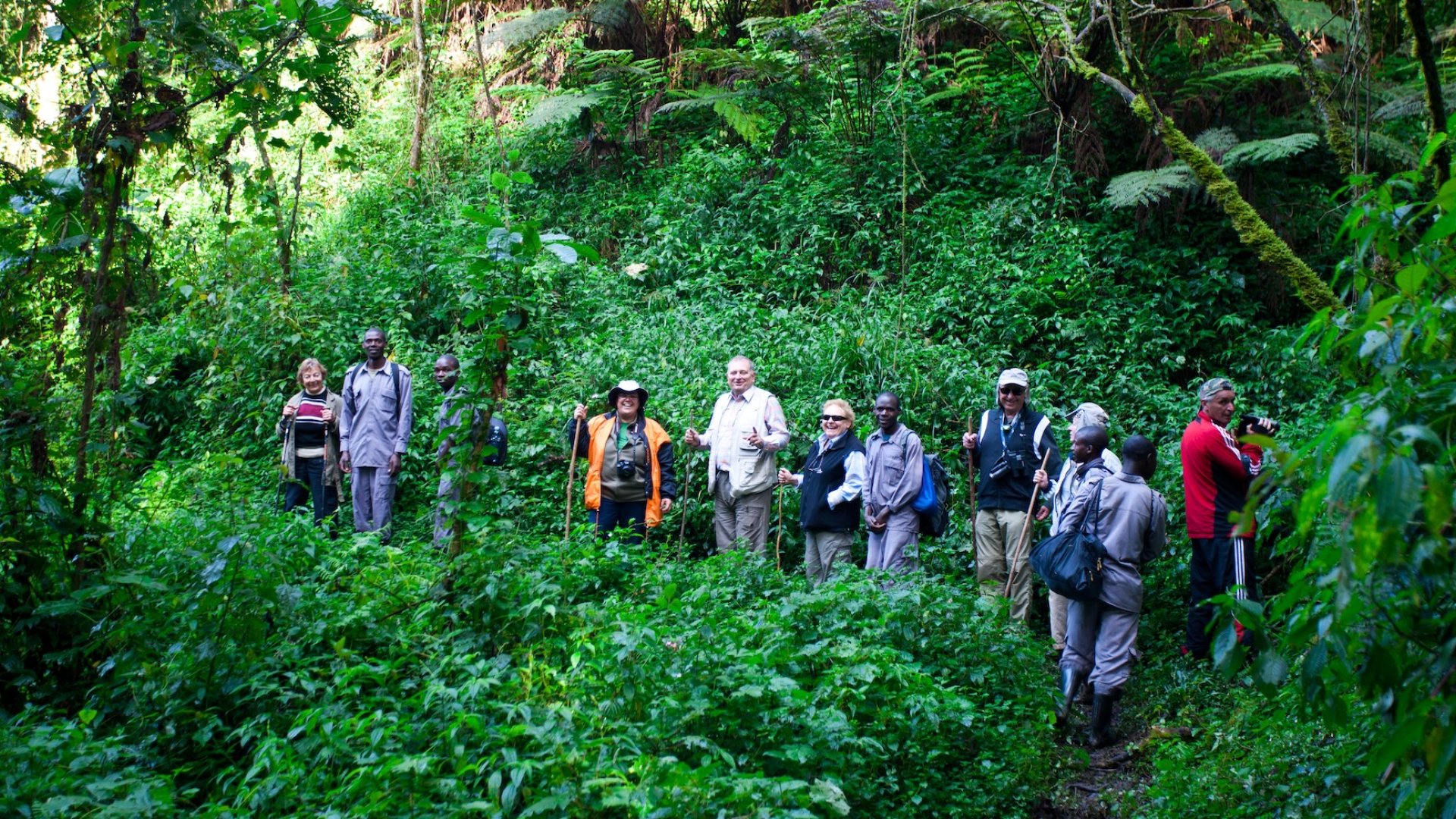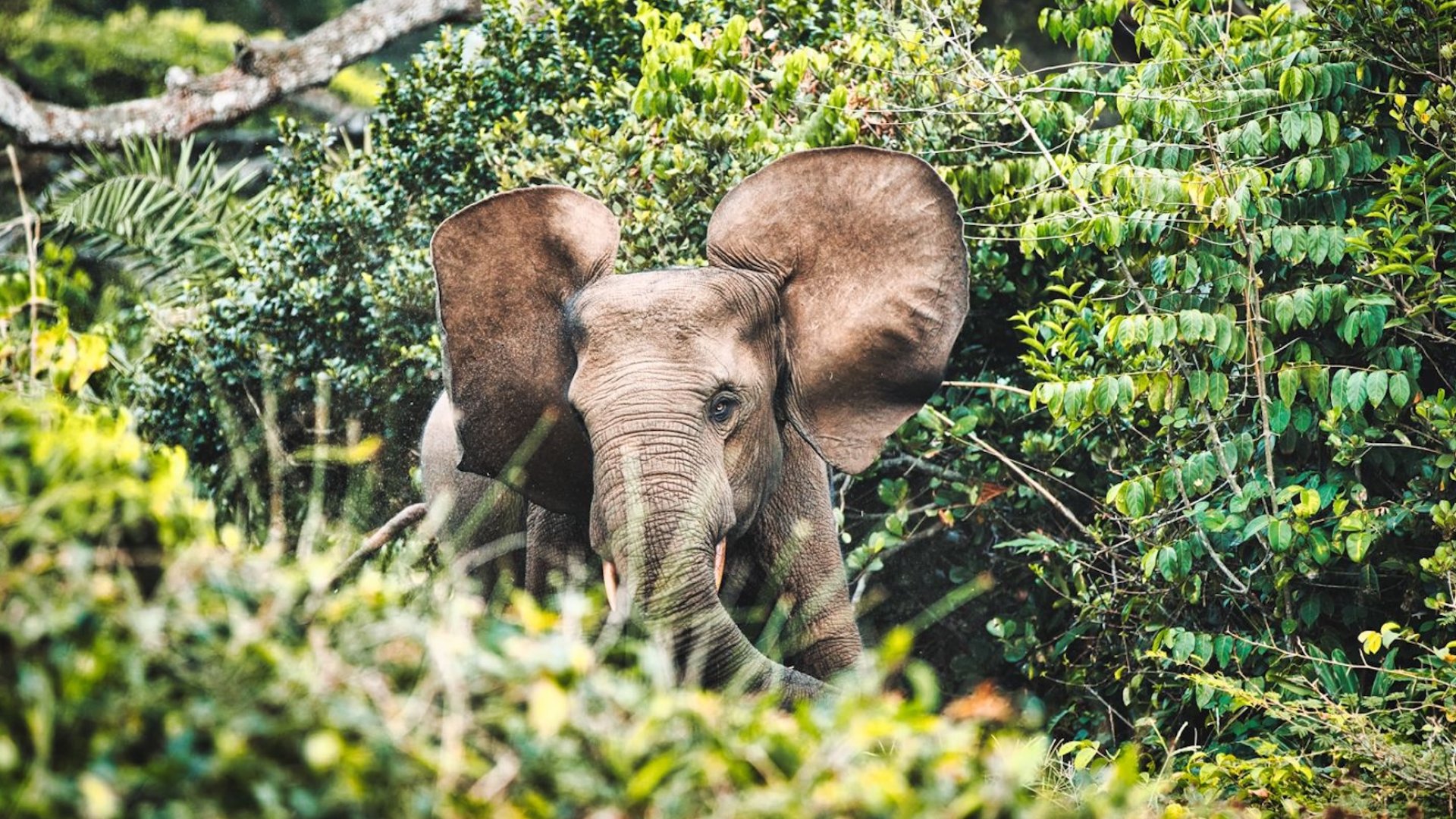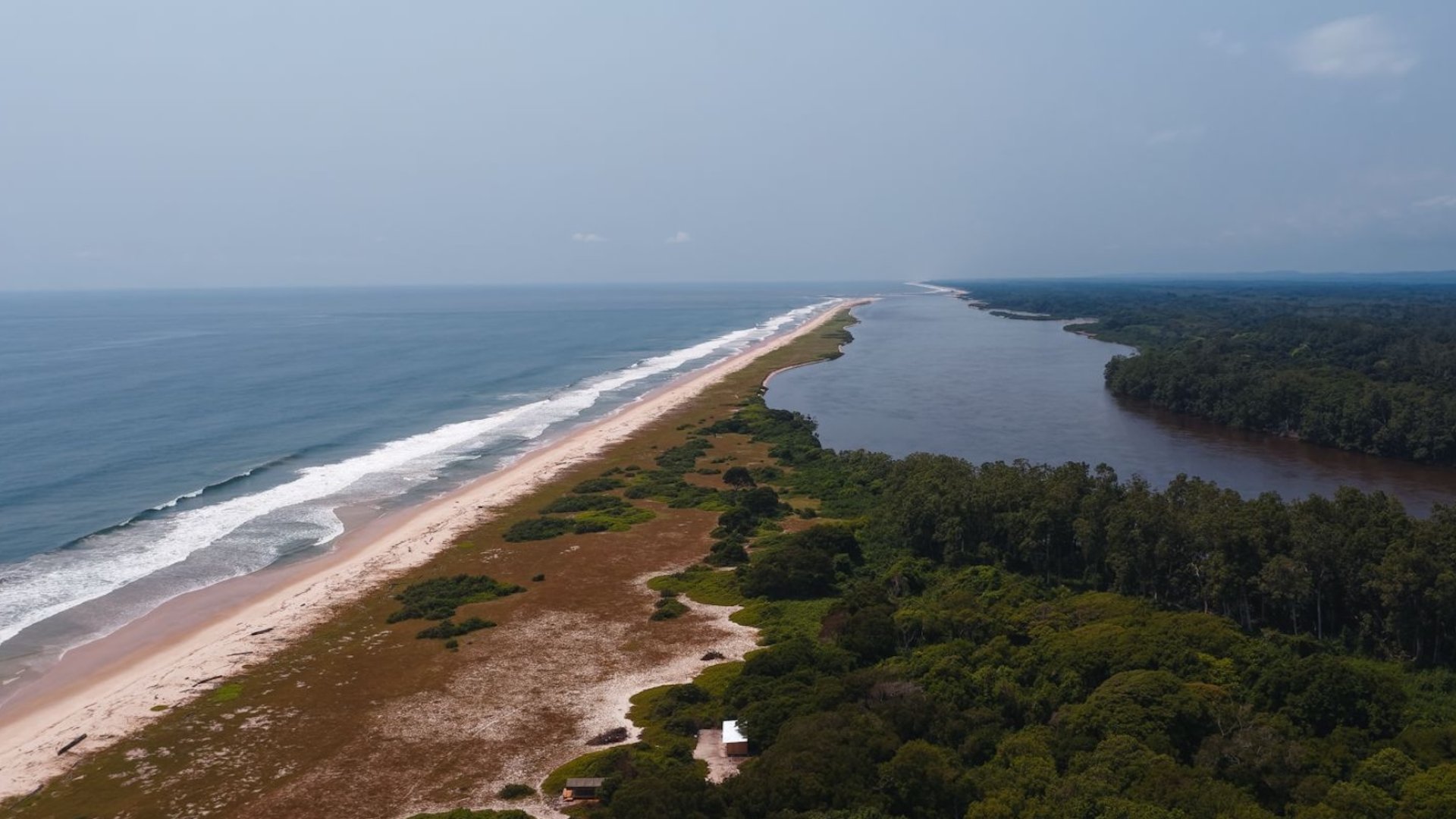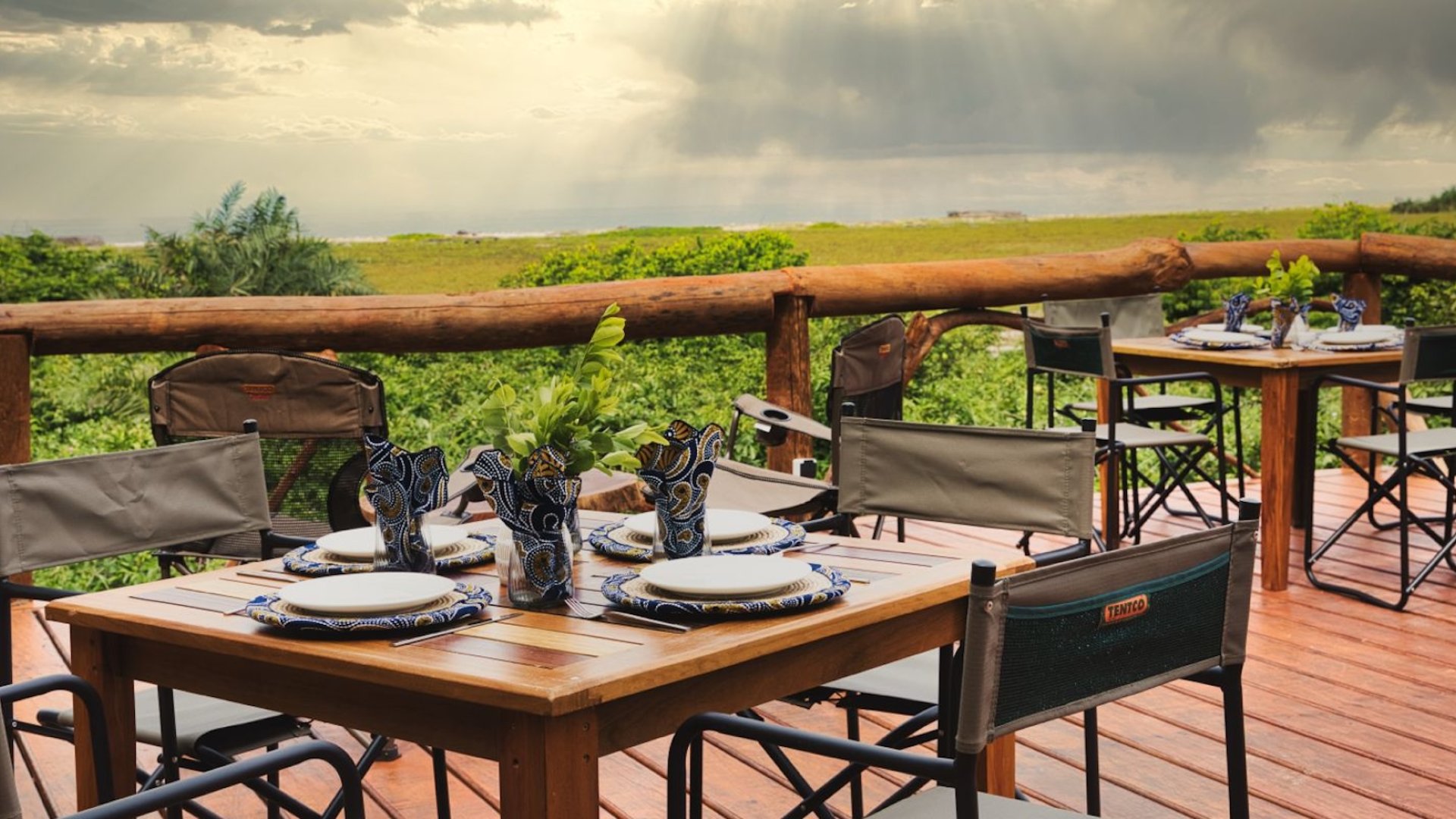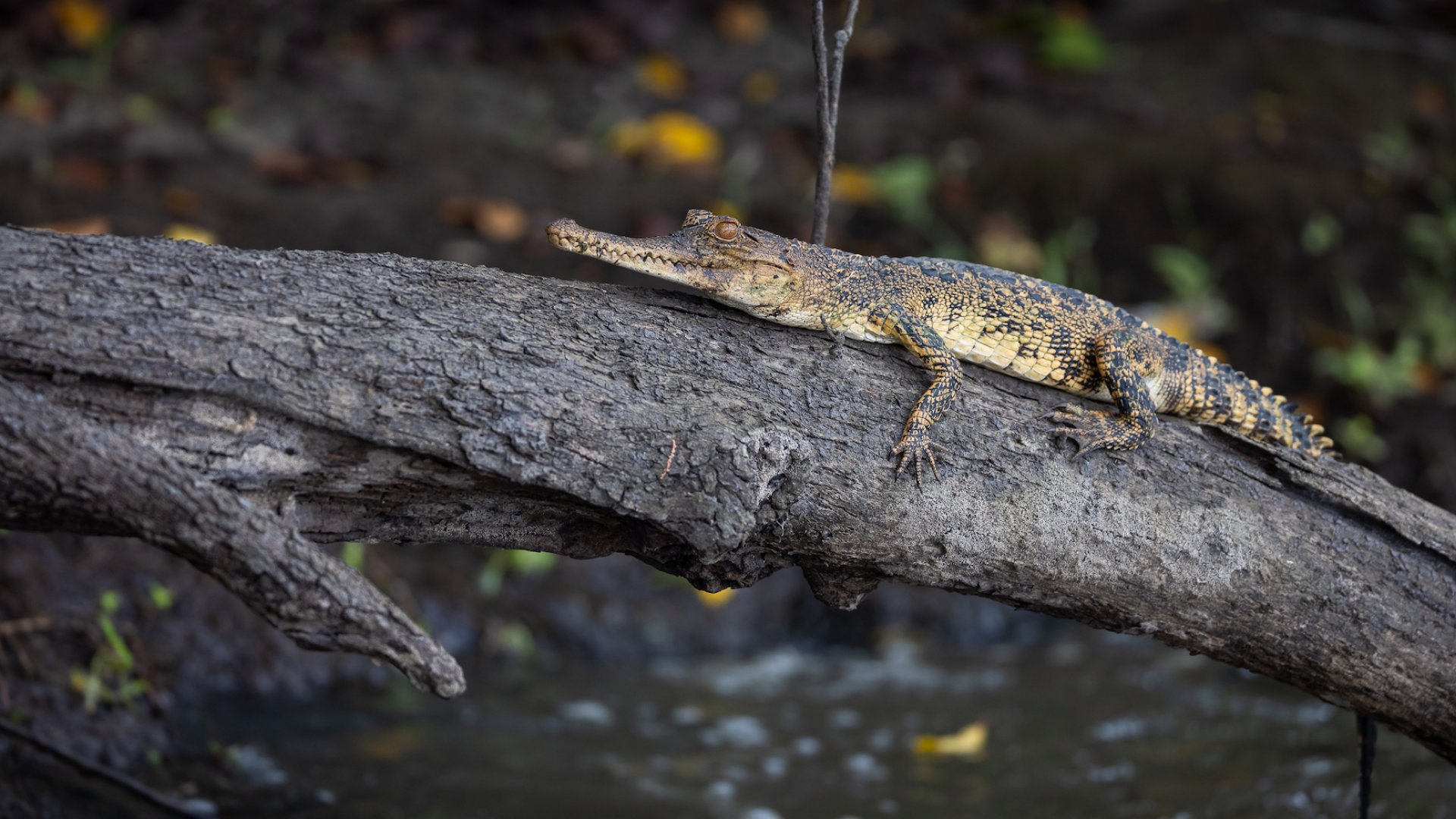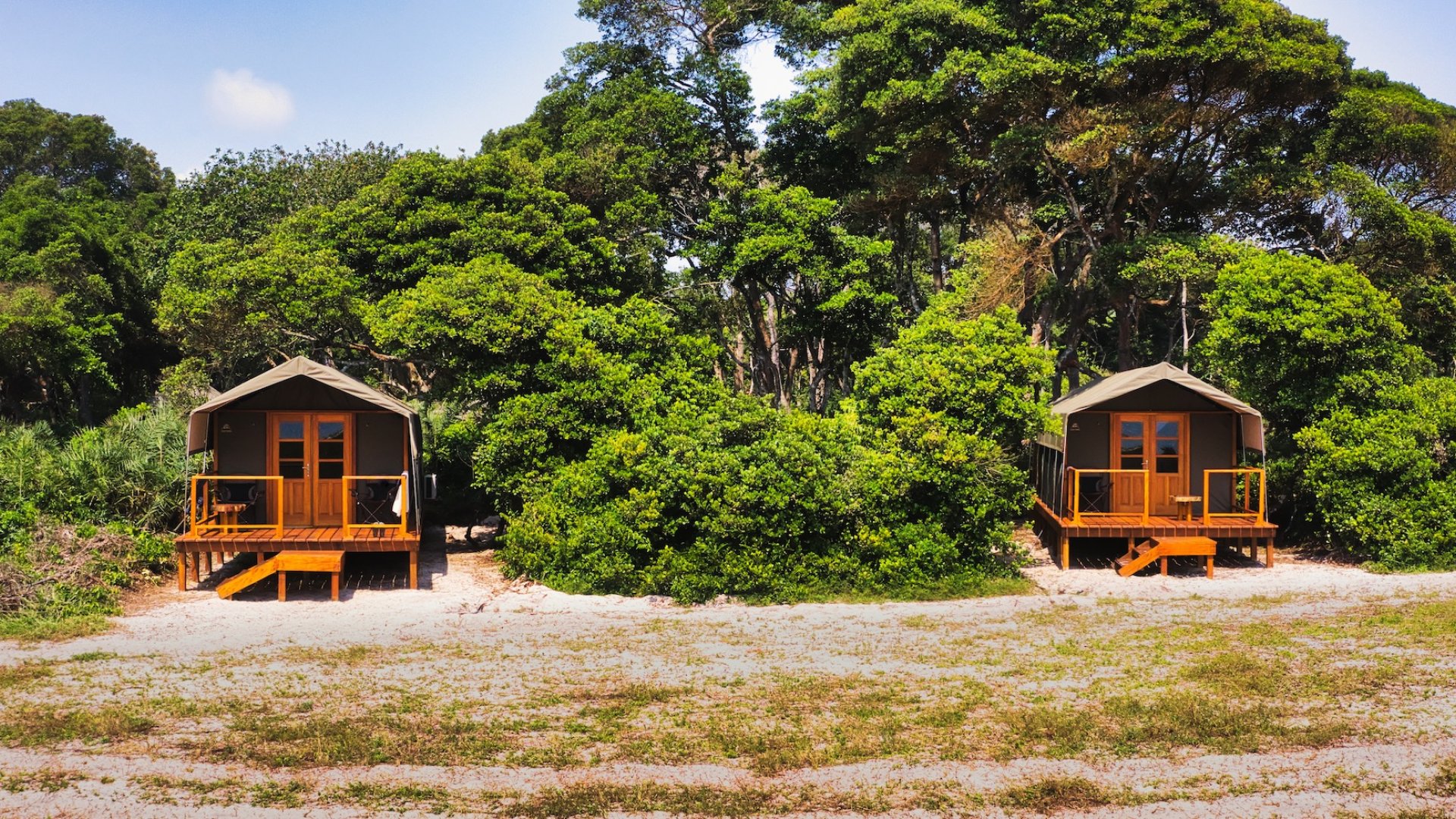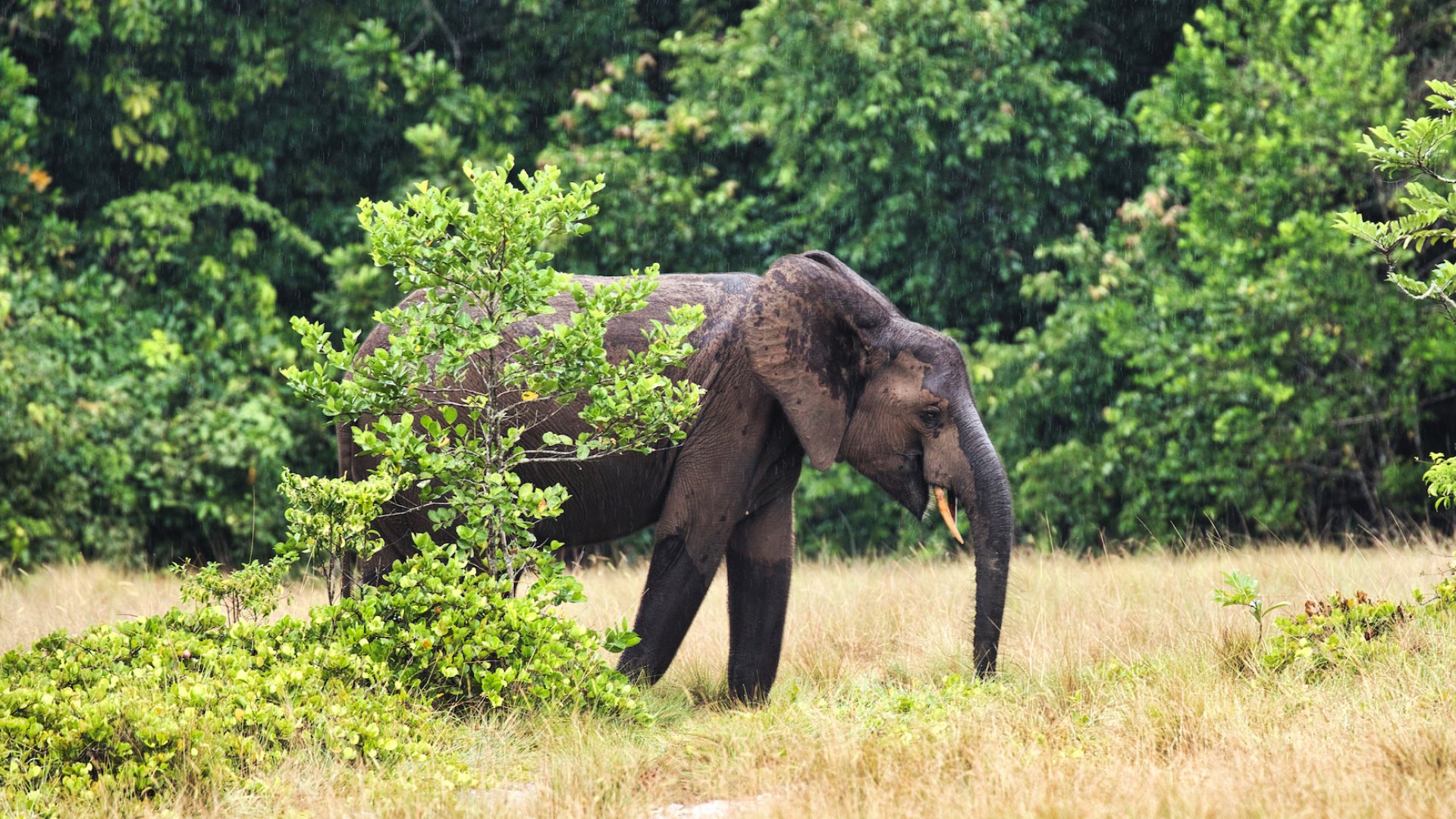Overview
Tucked into the western corner of central Africa, Gabon has yet to be discovered by most travelers. Heralded by Travel + Leisure as a "must-visit safari destination," and long known as the world’s Last Eden. It’s a country of staggering diversity, both in terms of culture and languages, but also wildlife. The superlatives are almost endless! The biggest population of forest elephants in Africa, almost a hundred thousand, live in Gabon. The world’s most colorful primate, the mandrill is found here in the thousands, as are chimpanzees and western lowland gorillas. Gorilla trekking in Gabon is in its infancy, but it’s another African destination where you can visit a family of gorillas and approach within 22 feet (just 7 meters!). There are also more than 10,000 plant species that grow in Gabon, which is more than the entire plant diversity in all the countries of West Africa and some 15% of these are endemic. While other African countries are known for safaris, the discerning traveler will find an experience unlike any other in Africa in part because the infrastructure is lacking, the adventure is real and the animals are prolific (albeit harder to find than in many African countries)!
Conservation
The forests of Gabon are part of the Congo Basin tropical forest which, after the Amazon Basin, is the largest tropical forest ecosystem in the world, spanning six countries of Central Africa. Gabon is the African country that’s off the travel radar yet boasts 13 protected areas and national parks covering some 22% of the country. The history of conservation efforts in Gabon is fascinating and the country is committed to maintaining a healthy balance of nature and people.
In addition to the land, an impressive 27% of Gabon’s marine waters are designated marine protected areas through the Gabon Bleu initiative. The initiative began in 2012 in recognition of the need to protect over 20 species of whales and dolphins that swim and live in the Gulf of Guinea. This includes the critically endangered Atlantic humpback dolphin as well the largest population of humpback whales in the Southern Hemisphere that come here to mate, give birth and raise their young.
Gabon’s beaches are also unique in the world. Where the forest meets the sea, elephants and hippos come at certain times of the year, giving rise the idea of the “surfing hippos of Gabon.” These beaches are also home to the largest population of leatherback and olive-ridley turtles in the world with the highest nesting density in Africa.
Culture and History
Culturally, Gabon is as diverse as it’s flora and fauna. While French is the official language, there are over 40 spoken languages which are all part of the Bantu language group. With millions of acres of forest, Gabon remains home to the Baka people, sometimes referred to as forest pygmies. These hunter-gatherers continue to roam the forests of Gabon where they forage, hunt and fish. Some of our itineraries include visits with these people.
The famous German doctor Albert Schweitzer came here in 1913 and opened a hospital in the town of Lambaréné, in the interior of the country. He spent his life dedicated to providing medical care to the local community and was awarded the Nobel Peace Prize in 1952. He was also a published author covering topics such as theology, music and philosophy. A visit to his home and hospital is of keen interest to many who are familiar with his work.
Our own exploration of Gabon began in the fall of 2022 and we’re thrilled to bring this rising star of African nature tourism to our guests.
Destinations and Lodges
As Gabon continues to open its doors to more travelers, a handful of thoughtfully designed lodges and eco-camps are leading the way in sustainable exploration. Each offers an opportunity to experience the country up close. These pioneering properties are not just places to stay, they’re gateways to one of the most biodiverse and ready-to-explore countries in Africa.
Loango Savannah Camp
Set along the Iguela Lagoon in northern Loango National Park, Loango Savannah Camp is known for its surfing hippos, forest elephants, and thriving populations of western lowland gorillas. If you’re looking for a place where rainforest meets ocean, that’s Loango. This tented camp offers a blend of adventure and serenity, with daily excursions revealing the park’s diverse combination of forest, savannah, and coastline.
Nyanga Lodge
Tucked inside of the remote Moukalaba-DouDou National Park, known locally as the “great apes national park”, Nyanga Lodge combines experiencing remote wilderness with refined comfort. Guests can enjoy treetop terrace dinners under a canopy of stars or beachfront meals while watching whale migrations and nesting sea turtles. Nyanga Lodge is also Gabon’s only luxury lodge in this region.
Sette Cama Eco Camp
At the southern edge of Loango National Park, Sette Cama Eco Camp is a true wilderness immersion. This camp emphasizes connection and activity by inviting guests to explore by foot, kayak, or boat. Jungle treks offer encounters with chimpanzees, red river hogs, and elephants. Coastal trails offer the chance to spot gorillas and hippos at the ocean’s edge. As the home base for Lowveld Trails Co.’s multi-night primitive walking safaris, Sette Cama offers one of the most adventurous ways to experience Gabon’s coast.
Anderson Expeditions
A pioneer in Gabon’s conservation-focused tourism, Anderson Expeditions returns in 2026 with a renewed commitment to responsible exploration. Their privately guided itineraries weave through Gabon’s rainforests, pristine rivers, and remote national parks. These experiences offer travelers a deeper understanding of the country’s fragile ecosystems and the efforts to protect them.
Note: Tourism infrastructure is not well developed and Gabon is a suitable destination only for those who are flexible, have a true sense of adventure and want to see an Africa that few people see. Travel to Gabon must be planned with plenty of lead time. A visa is necessary and should be obtained ahead of time through the Gabon Consulate in your country. In addition to group departures, custom travel requests for groups as small as two are welcome.
Custom Tours in Gabon
Discover Gabon on a private journey designed just for you. With Adventure Unbound, you can track forest elephants, see lowland gorillas, and explore untouched national parks, all far from the typical tourist trail.
We work closely with local partners to craft custom tours that match your interests, pace, and budget. From wild beaches to dense rainforests, Gabon has tons of raw beauty to explore.
To get started, please fill out the form below, or you can learn more by reading some of our most frequently asked questions.
Image & Video Gallery
FAQ's
How do I get to Gabon?
Access to Gabon is fairly easy with daily non-stop flights from Paris, Casablanca, Johannesburg, Istanbul, Addis Ababa and several West African capitols.
Do I need a visa to visit Gabon?
Yes. A visa is necessary and should be obtained ahead of time through the Gabon Consulate in your country.
Do I need vaccinations to visit Gabon?
Yellow Fever vaccination is required for all travelers aged 9 months and older to enter Gabon.It’s recommended that you are protected against Hepatitis A, Polio, and Tetanus. You may also want to discuss with your health provider regarding vaccinations against Hepatitis B, Rabies, and Typhoid. Being vaccinated against Covid-19 is also highly recommended.
Is there malaria in Gabon?
There is a risk of malaria throughout Gabon year-round, particularly in forested and rural areas. If you’re traveling outside of major cities or visiting national parks and remote regions, it’s recommended that you take prescription medication to prevent malaria.
What currency is used in Gabon? Can I use my debit or credit card?
The Central African CFA franc (XAF) is the official currency used in Gabon. Gabon is largely a cash-based economy, so it’s best to carry local currency with you, especially outside of major cities. Credit cards are not widely accepted, though some hotels and larger establishments in urban areas may take them. ATMs are available in major centers, where you can withdraw CFA francs using international debit or credit cards.
Can you drink the tap water in Gabon?
In Gabon, it’s best to avoid drinking tap water, as it’s not reliably treated. Bottled water is the safest option and is typically available at lodges, hotels, and shops. It’s also recommended to use bottled water for brushing your teeth and to skip ice unless you know it’s been made with purified water.
What kind of adapters will I need for my electronics?
You’ll primarily need a Type C travel adapter along with a high voltage converter. The standard voltage in Gabon is 220V.
Do I need travel insurance?
Travel insurance isn’t required for entry into Gabon, but it’s strongly recommended. It can provide important coverage in the event of unexpected situations like medical emergencies, trip delays, or lost belongings. Before purchasing a policy, be sure to review the fine print. Some plans may exclude specific activities or pre-existing conditions.
What is the official language of Gabon?
While French is the official language, there are over 40 spoken languages which are all part of the Bantu language group.
What time zone is Gabon in?
Gabon observes West Africa Time Zone (UTC+1) and does not observe daylight savings time.


